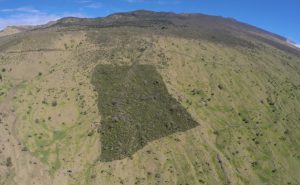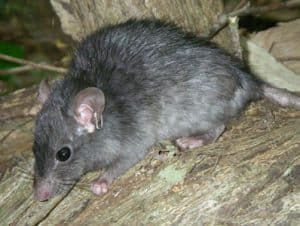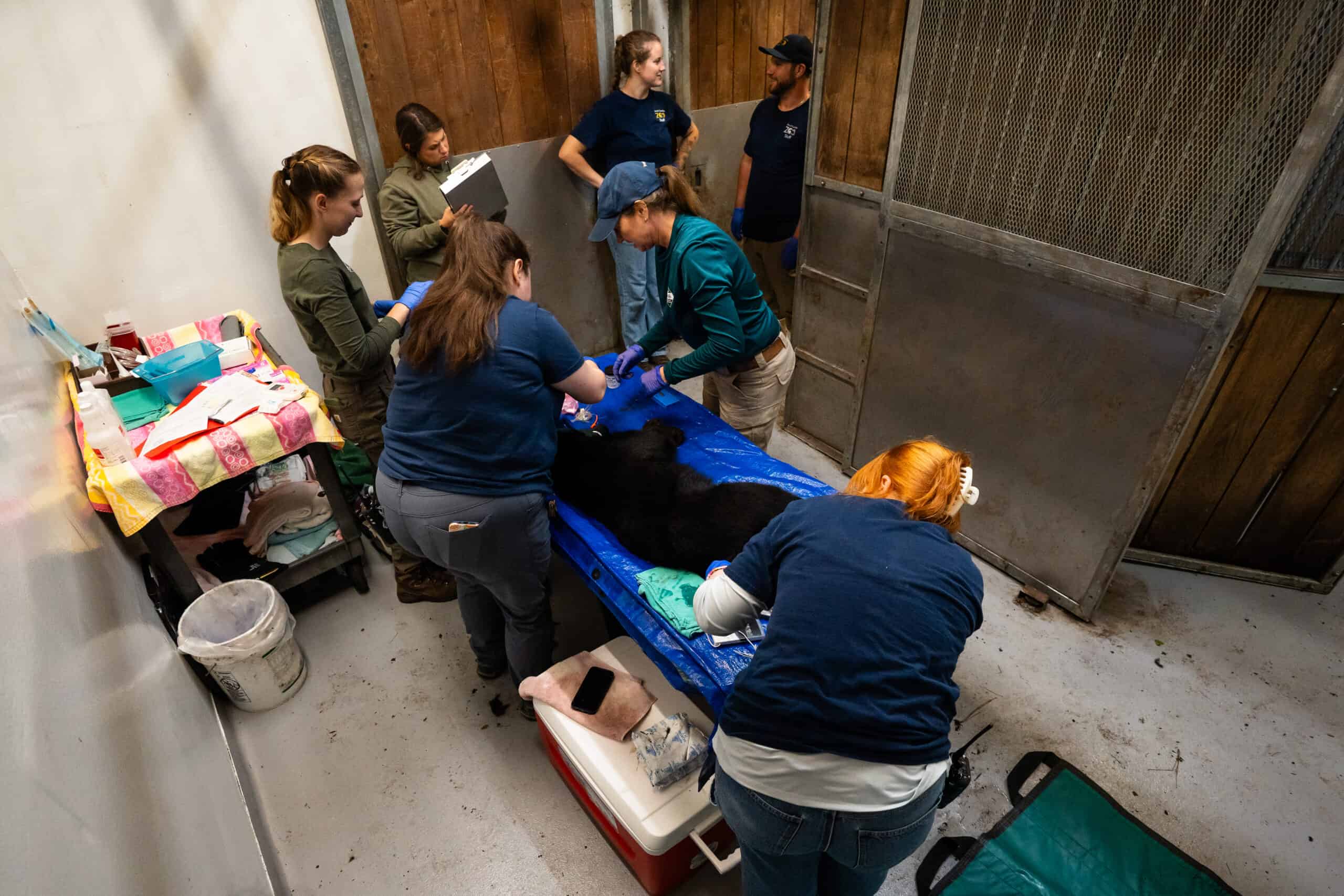Share this article
Invasive rodent communities shift after habitat restoration
Loss of habitat continues as one of the greatest threats to native species and biodiversity. Thus, restoring native habitats has become a key conservation activity around the world. A shift in invasive animal populations, potentially impacting the native plants and animals targeted for conservation may be a potential and unintended consequence of forest habitat restoration, according to a team from the U.S. Geological Survey, University of Hawaii and Wildlife Services’ National Wildlife Research Center (NWRC).
To study the potential impacts of habitat restoration on invasive species, NWRC’s Aaron Shiels and other researchers compared invasive rat and mice communities in a restored, native, dry forest and an adjacent non-native grassland on Maui, Hawaii. In the unrestored grassland, house mouse captures outnumbered black rat captures 220 to one. In contrast, in the restored native forest, rat captures outnumbered mouse captures by nearly five to one. The relatively recent native forest restoration increased rat abundance and also increased their total biomass in the restored ecosystem 36-fold while reducing mouse biomass 35-fold.

An aerial view of a 4-hectare native forest restoration area on Maui surrounded by unrestored, non-native grasslands. ©USDA WS
Researchers note such a community shift is worrisome because black rats pose a much greater threat to native birds and plants than do house mice. The difference perhaps may especially impact large-seeded tree species. Land managers should be aware that without intervention, such shifts may pose risks to conservation goals in forest restoration.
Since1967 the NWRC field station in Hawaii has conducted laboratory and field research to reduce rodent depredation in Hawaiian agricultural crops. The researchers study the biology and impact of rats, as well as evaluate the efficacy, safety and application of control techniques in both agricultural crops and native ecosystems.
For more information, please contact Aaron Shiels, now based at NWRC in Colorado.
Wildlife Services is a Strategic Partner of The Wildlife Society.
Header Image: The ocean seen from an Hawaiian pasture. ©USDA NRCS









